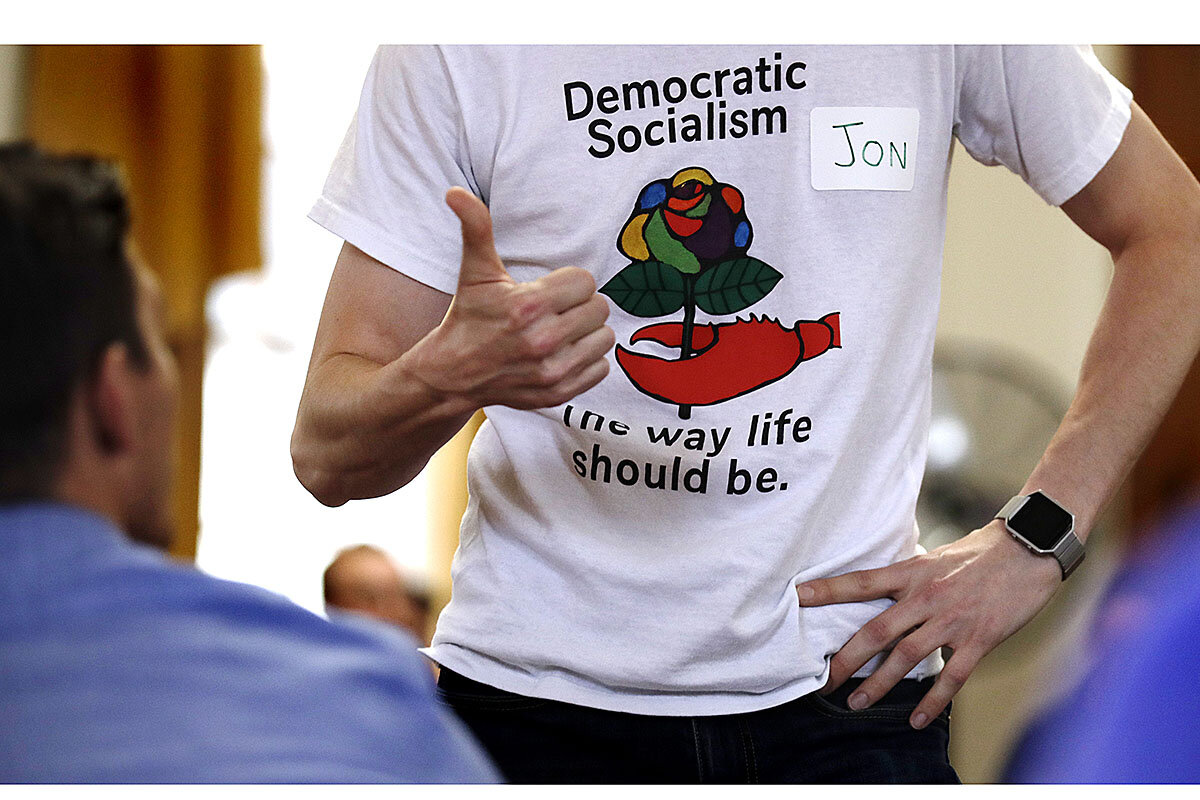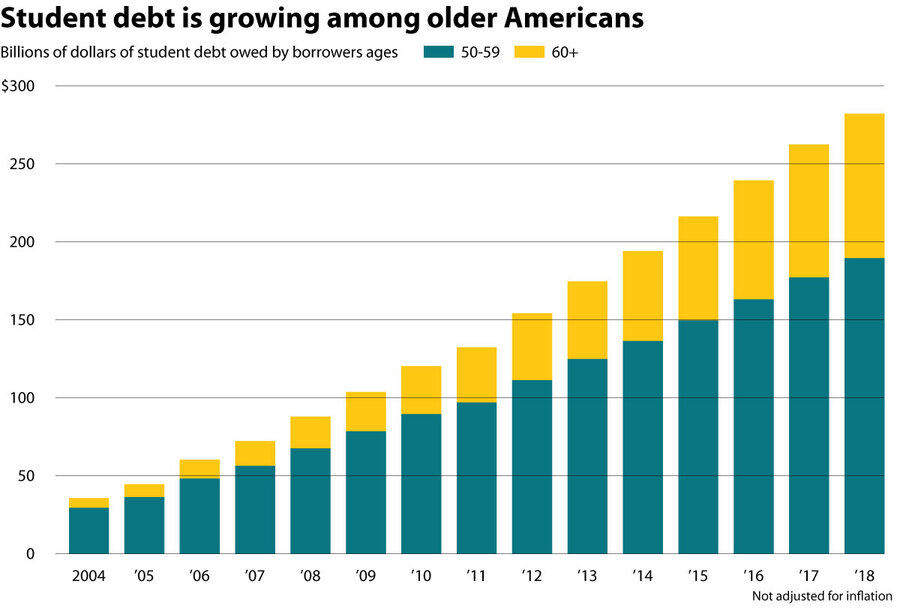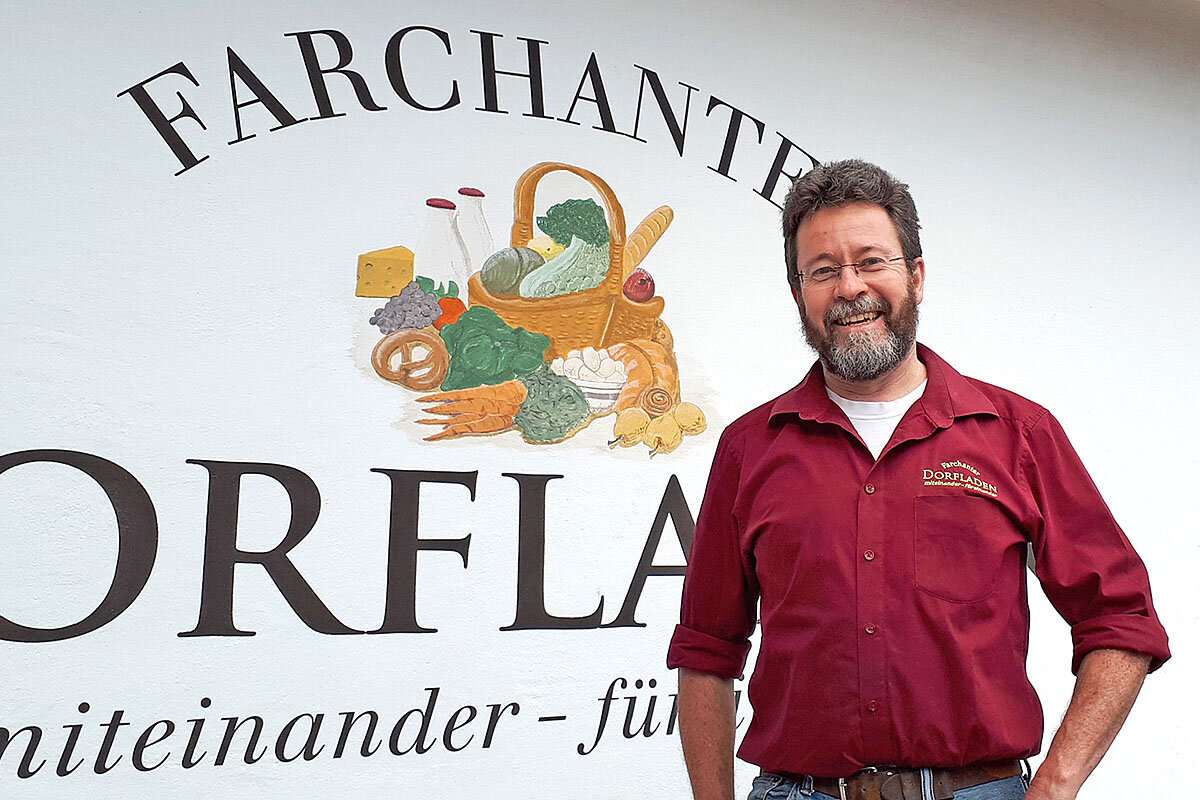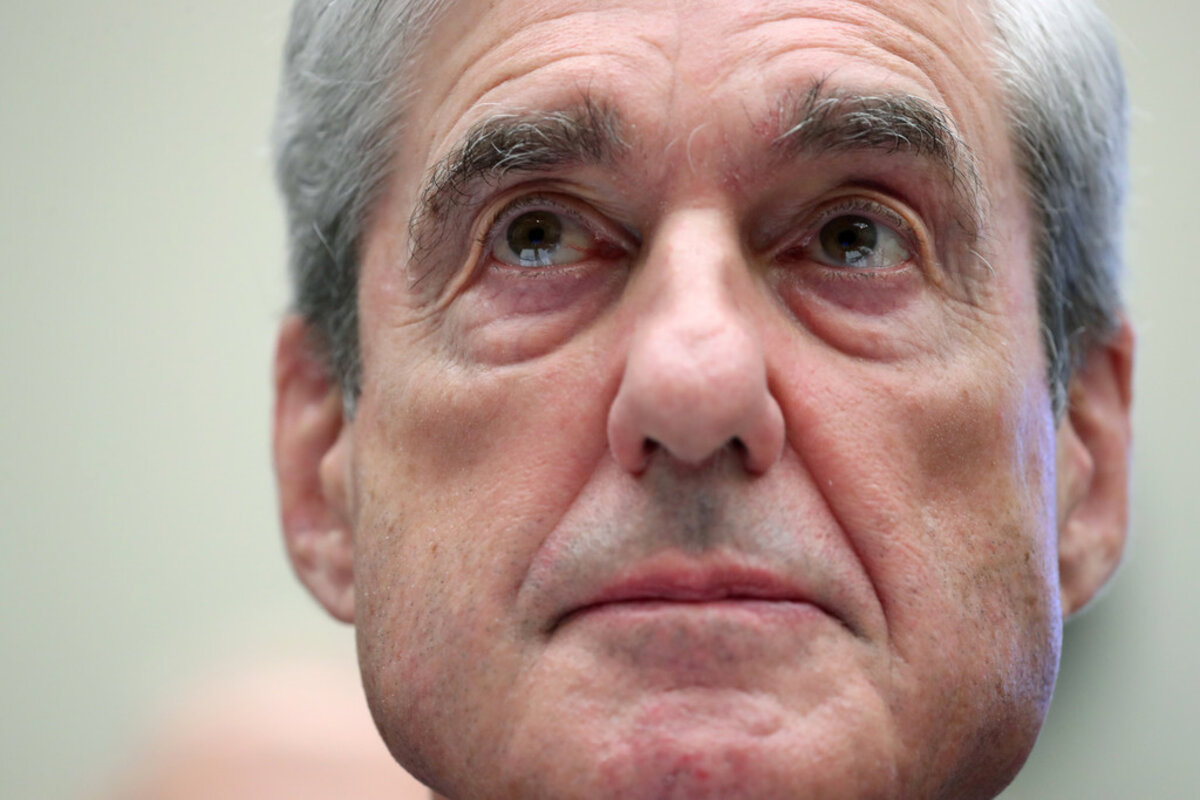Fear can be a powerful driver of behavior, especially when it comes to the economy. Can a new budget deal, a rate cut, and no escalation in the China trade war keep a downturn at bay?
Monitor Daily Podcast
- Follow us:
- Apple Podcasts
- Spotify
- RSS Feed
- Download
 Yvonne Zipp
Yvonne Zipp
Welcome to your Daily. Today we explore the role of fear in economics, perceptions of socialism, the prospect of new freedom for Saudi women, the enduring burden of student debt, and the value of community.
But first: Sometimes, good news comes with wings.
This week, the U.S. National Park Service announced that the 1,000th California condor chick has been hatched in the wild. North America’s largest bird was once its most endangered – with as few as 22 remaining in the wild. In 1987, a breeding program was launched to save the condors, which have a wingspan of 9 ½ feet and can live as long as 70 years.
That is just the latest in positive news for several endangered and threatened species, with scientists reporting evidence that antipollution and other measures appear to be paying off. Giant loggerhead turtles are nesting in record numbers along the Southeast coast, with new highs reported in North Carolina, South Carolina, and Georgia. Whale sightings in New York are up from 5 in 2011 to 272 so far this year, and Pennsylvania now has so many bald eagles, wildlife officials say they can’t keep count and need the public’s help.
The baby bird likely hatched in May, and field researchers went to great lengths to verify its existence – rappelling off a nearby cliff to snap a shot of the nest in a cave. (A 1,001st chick also was hatched the same month in captivity near the north rim of the Grand Canyon.)
“When we confirmed it … it was just this feeling of overwhelming joy,” Janice Stroud-Settles, a wildlife biologist at Zion National Park in Utah, told The Guardian.











